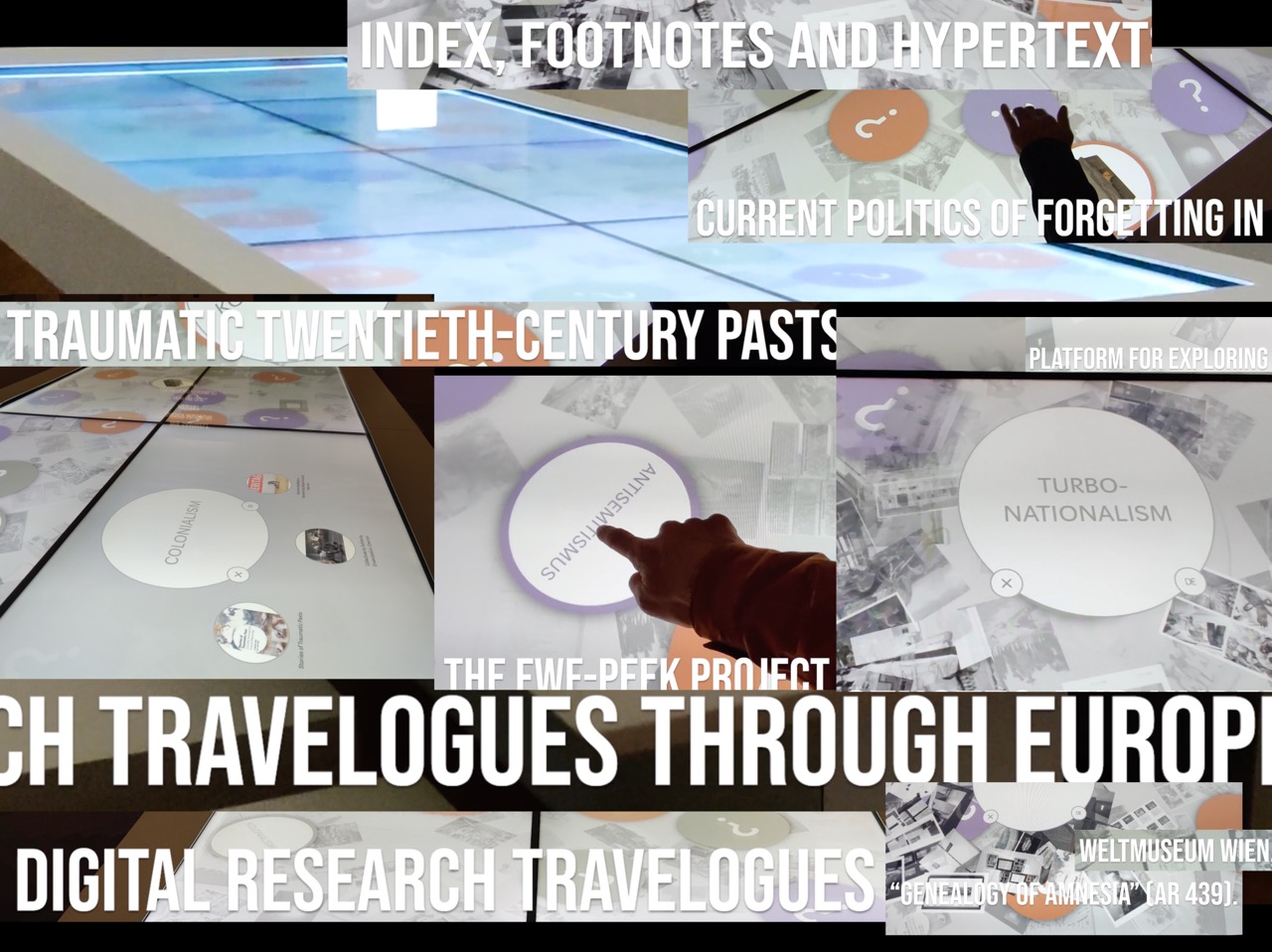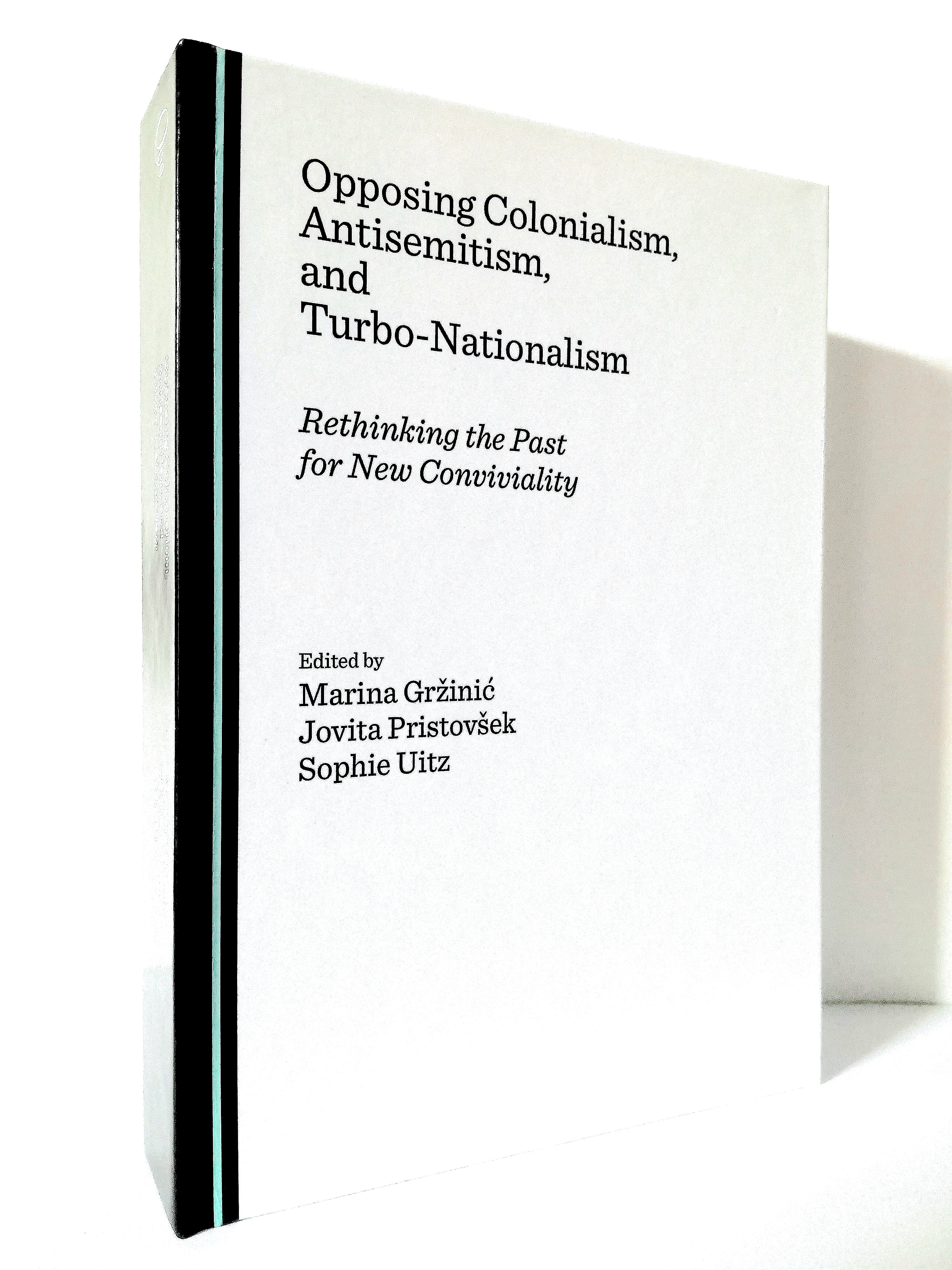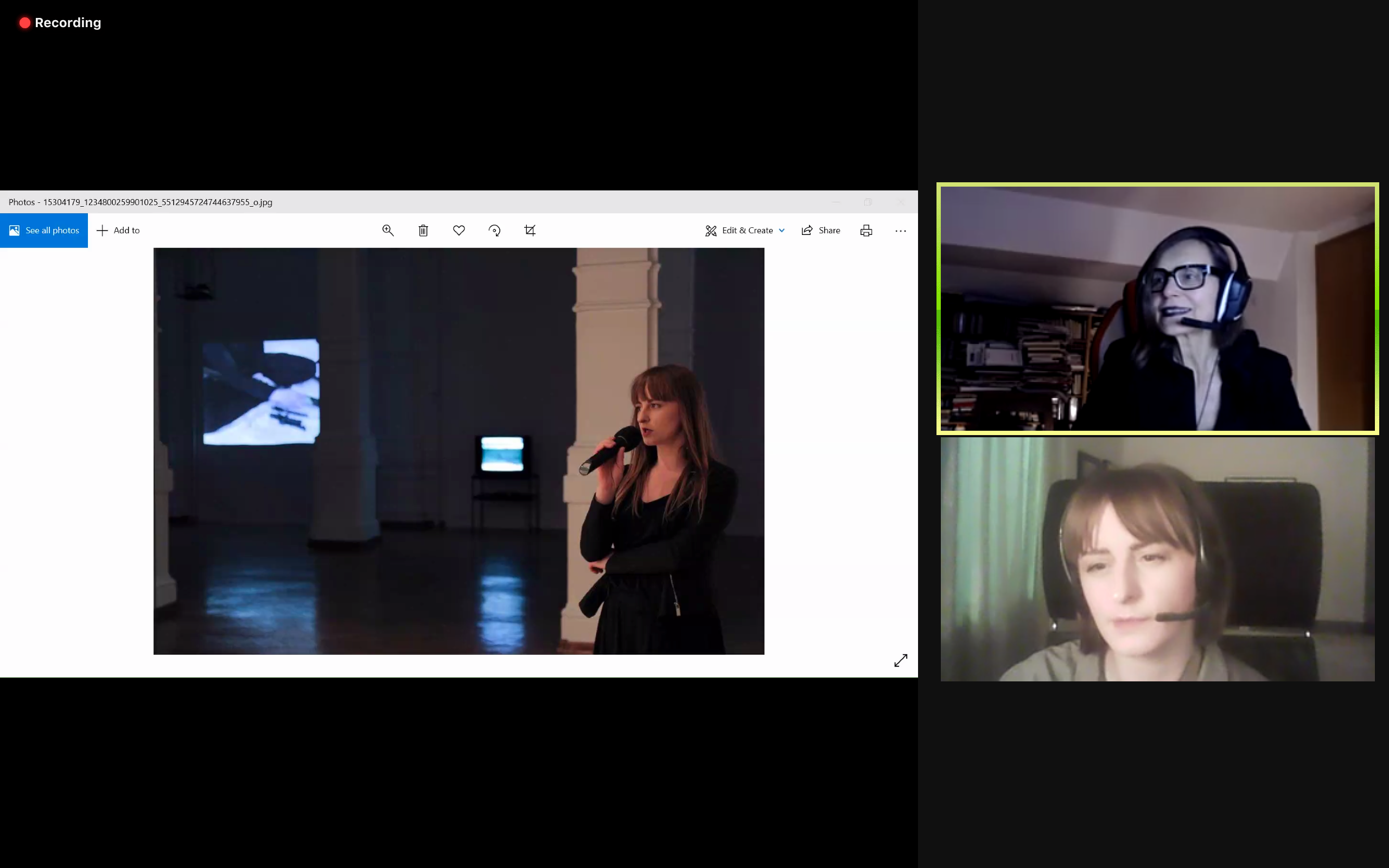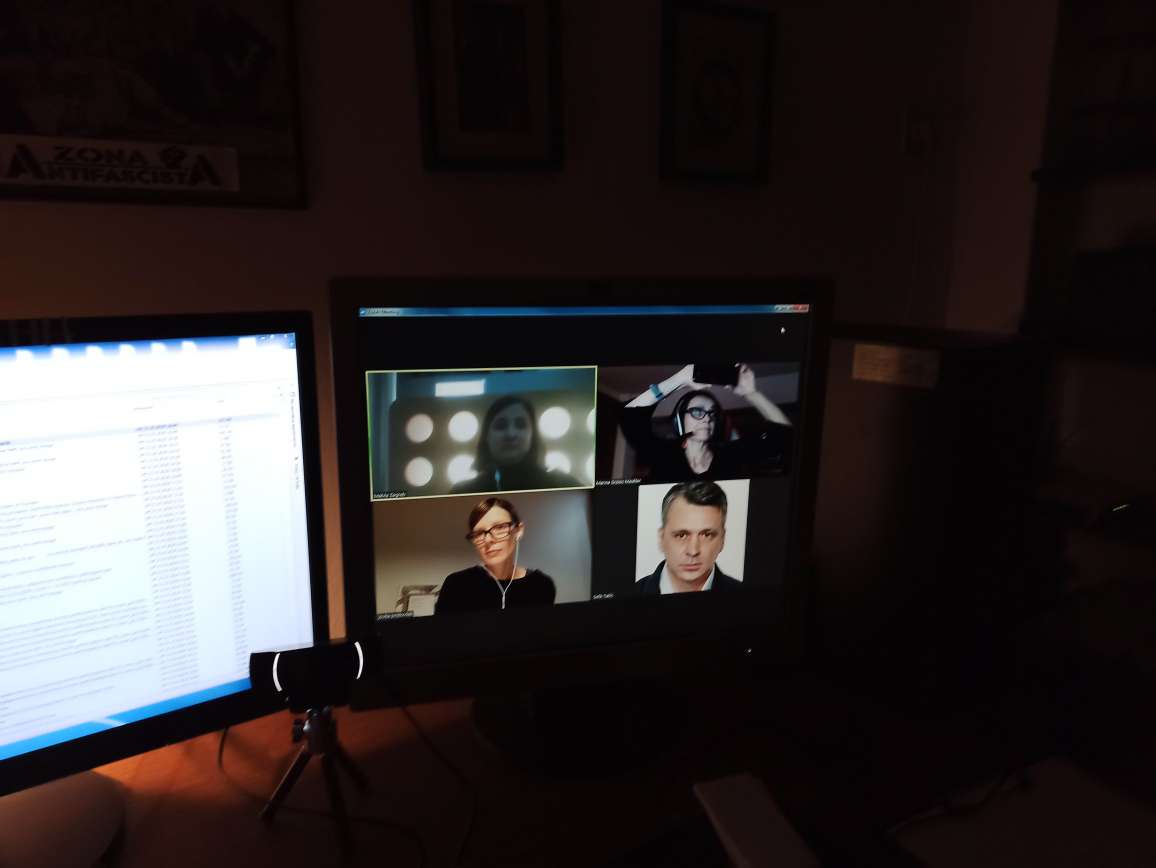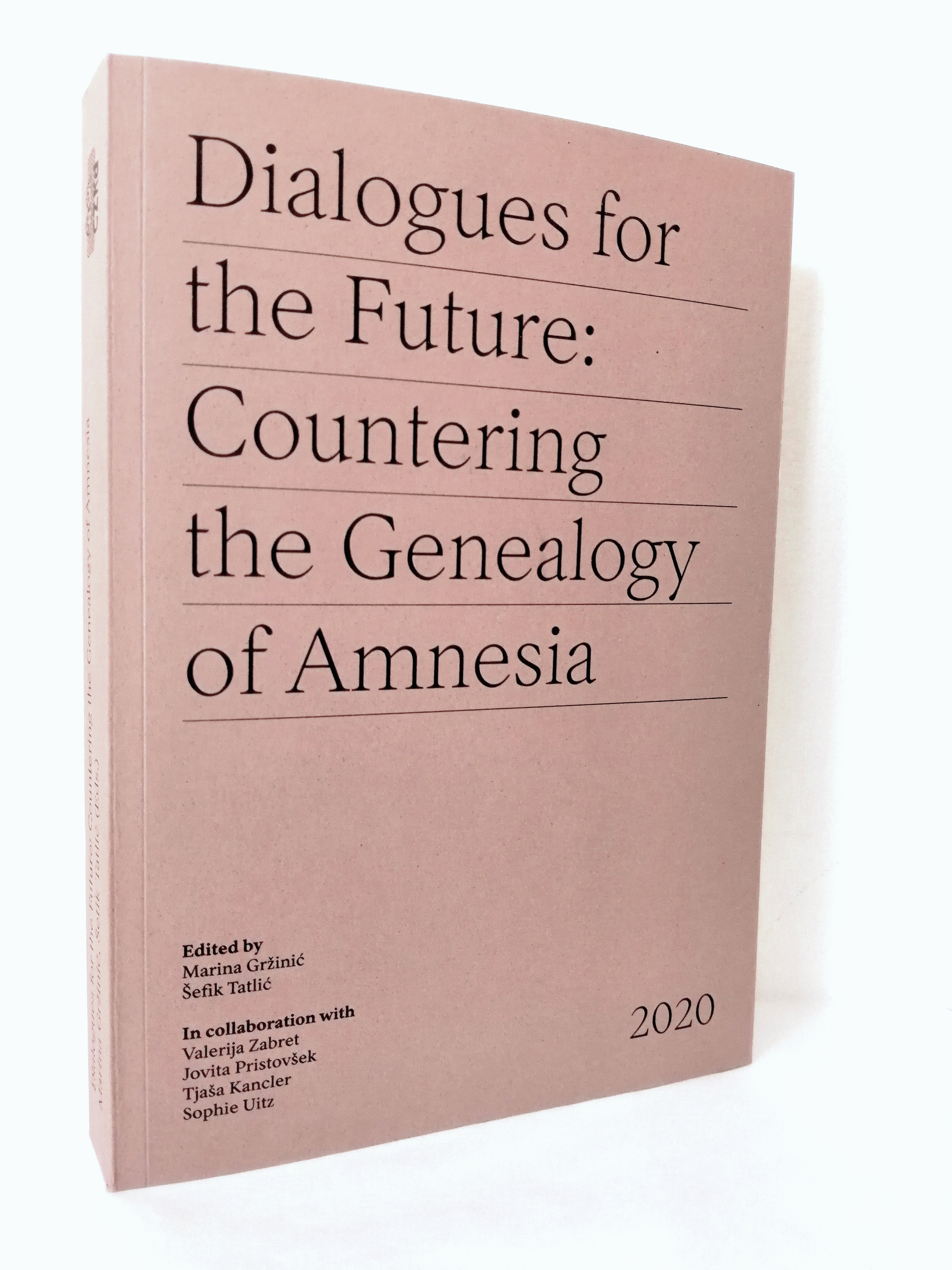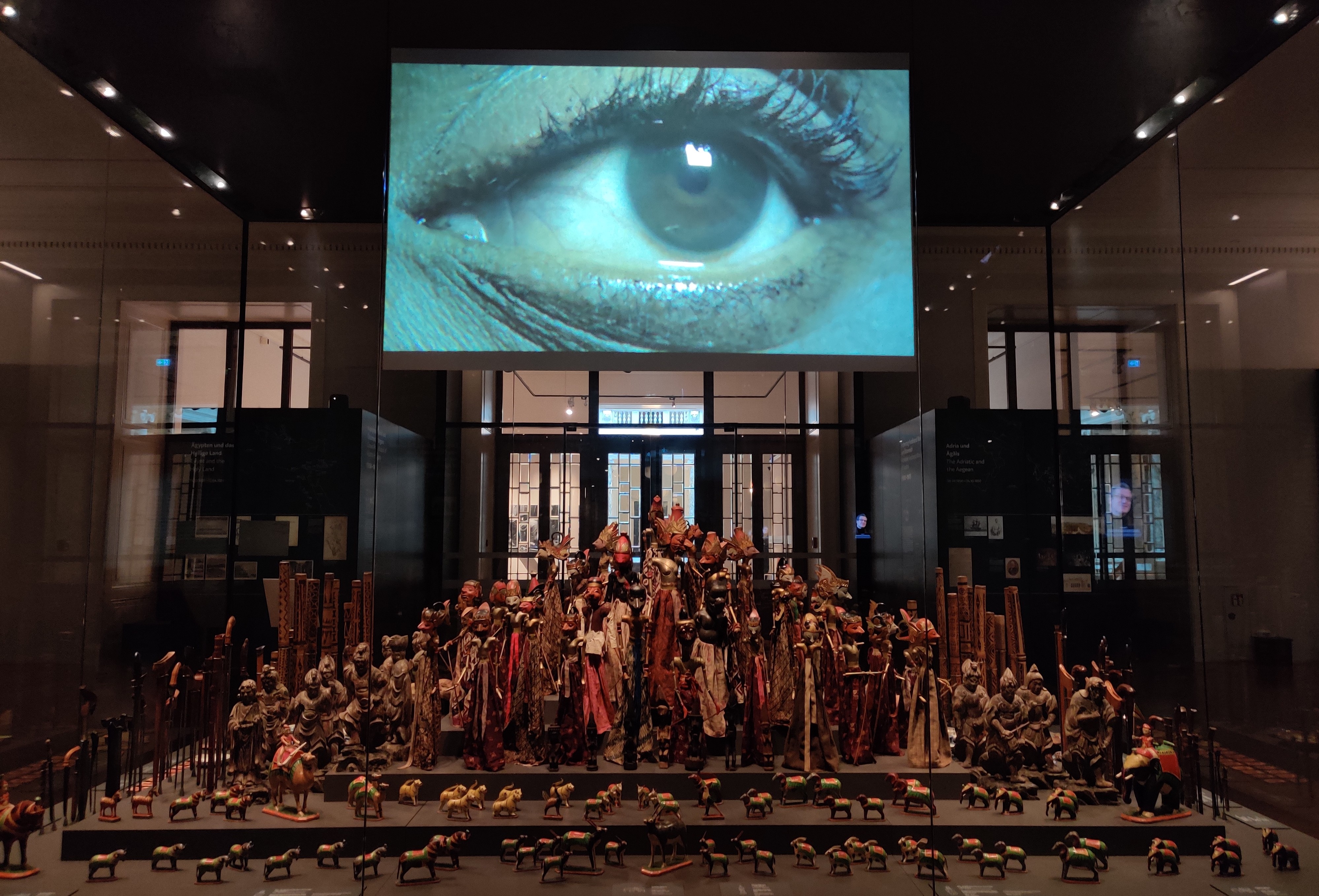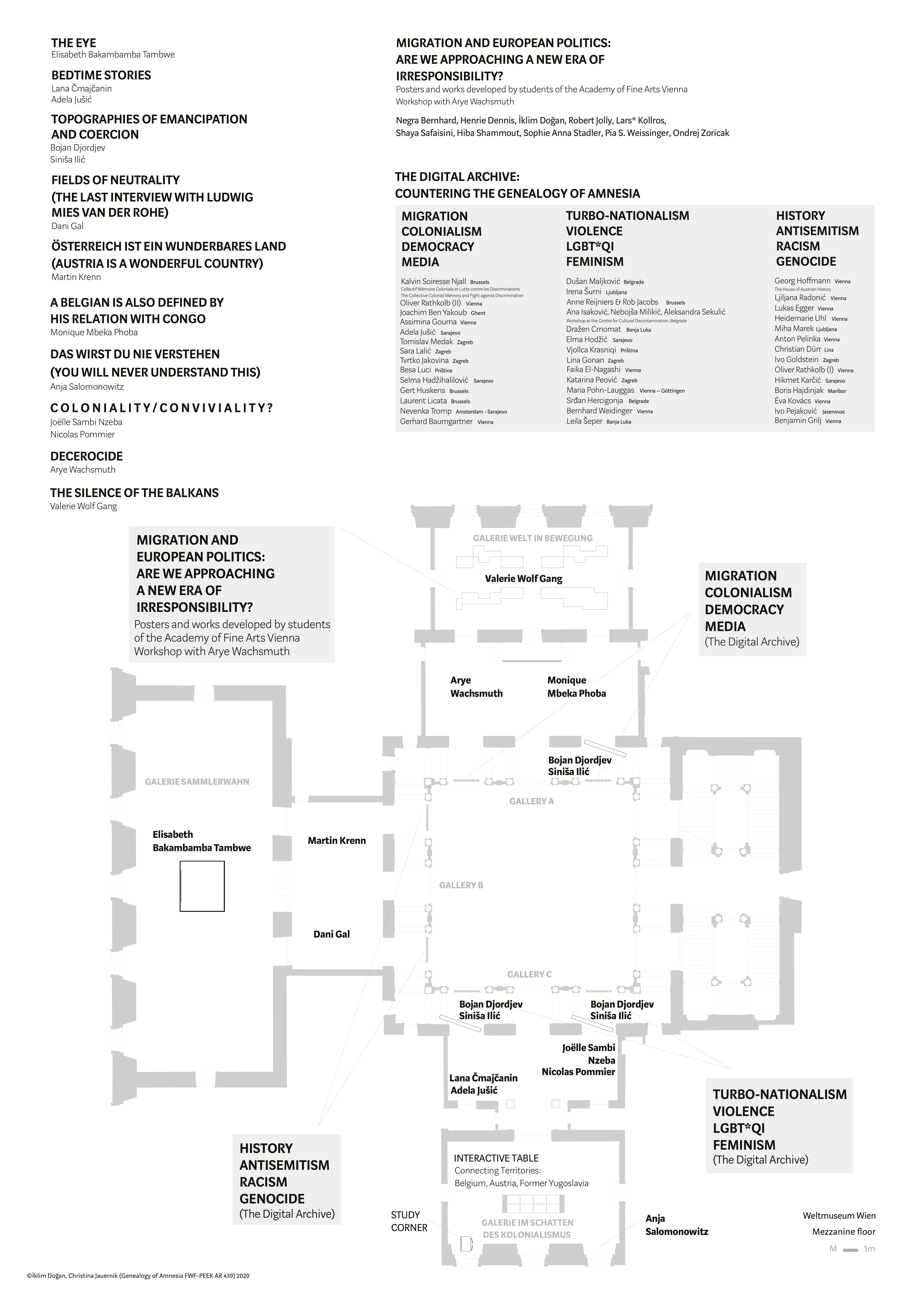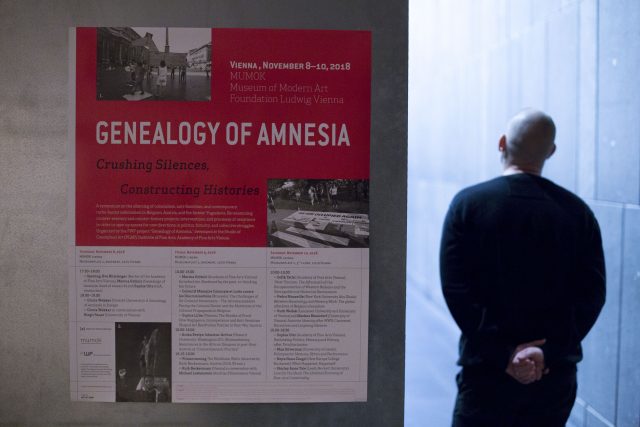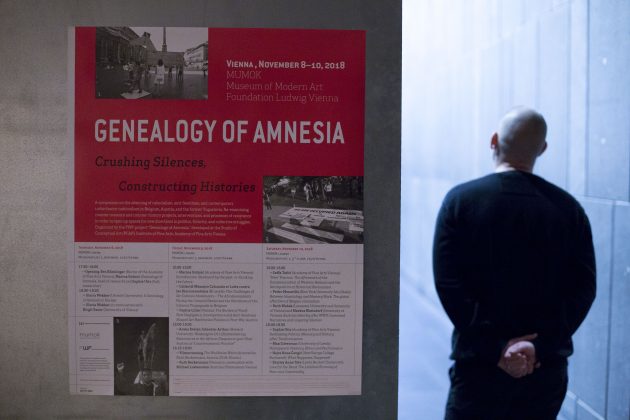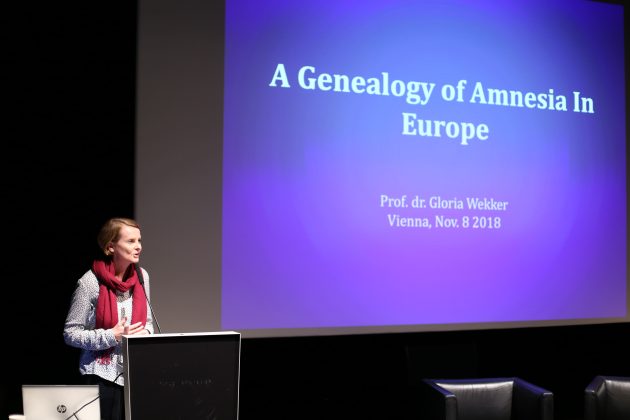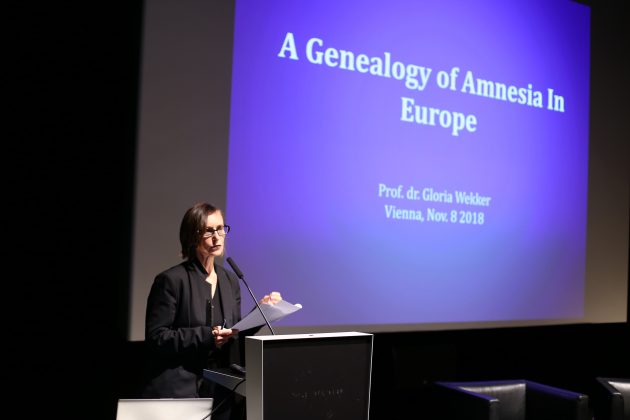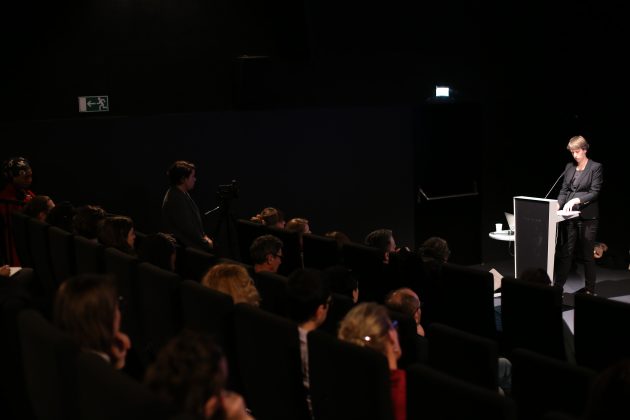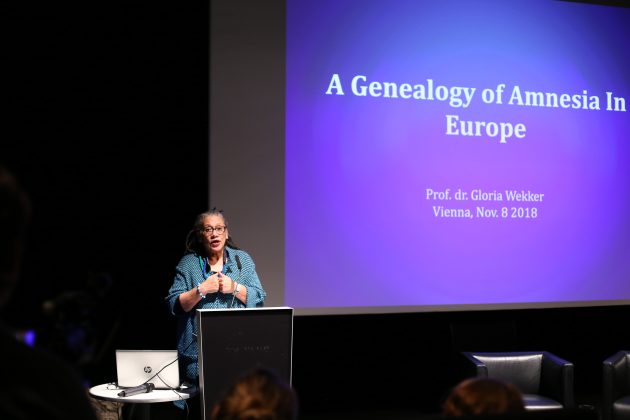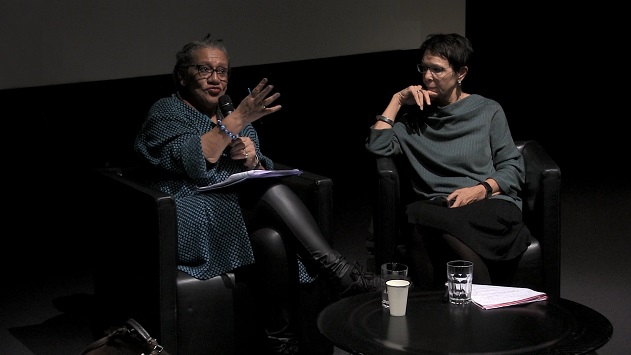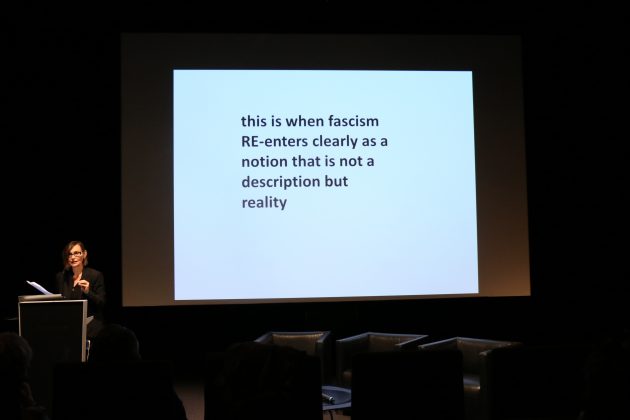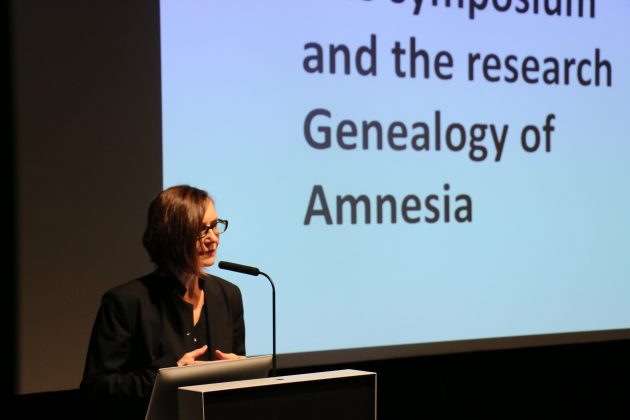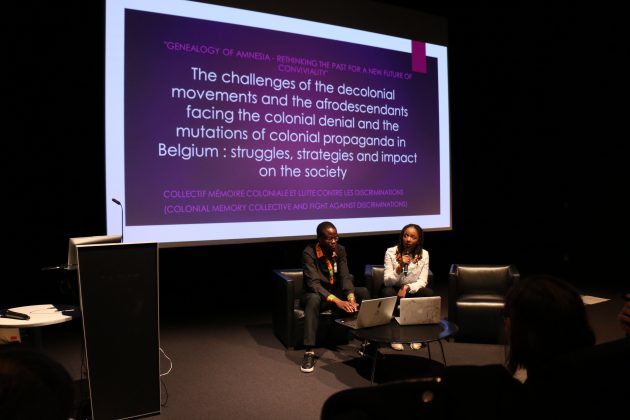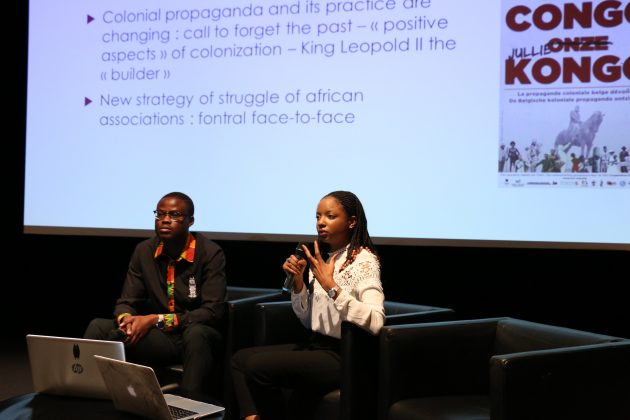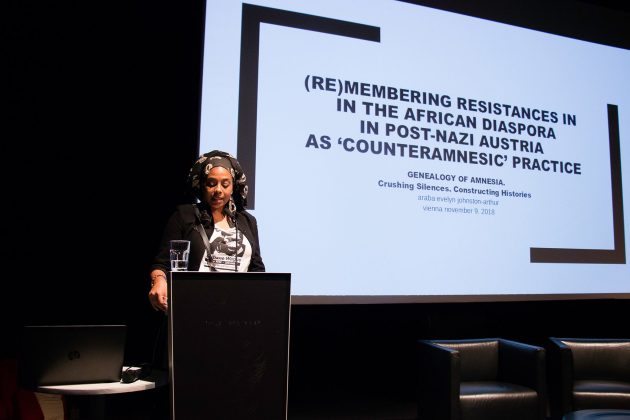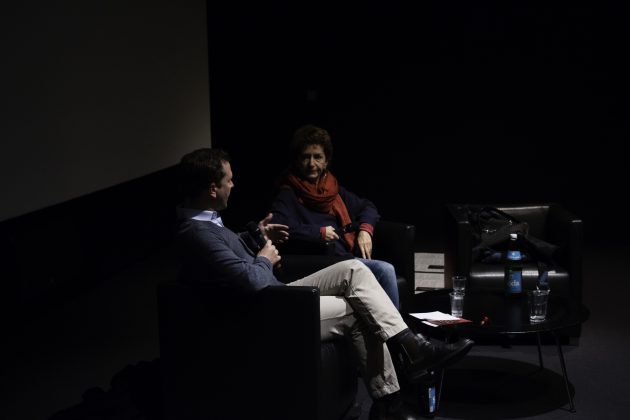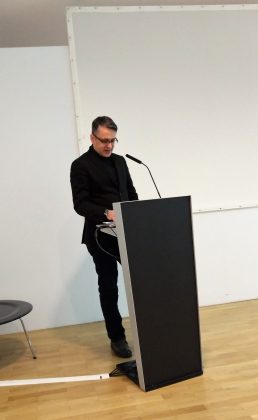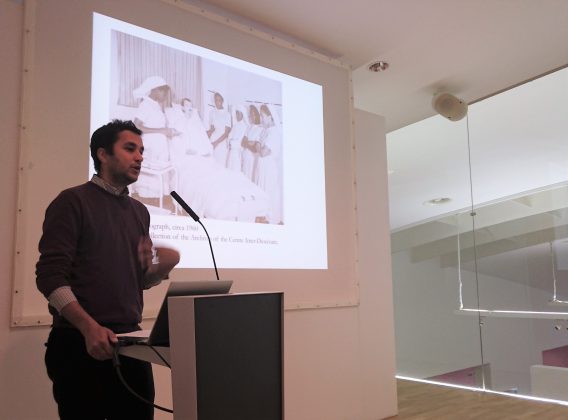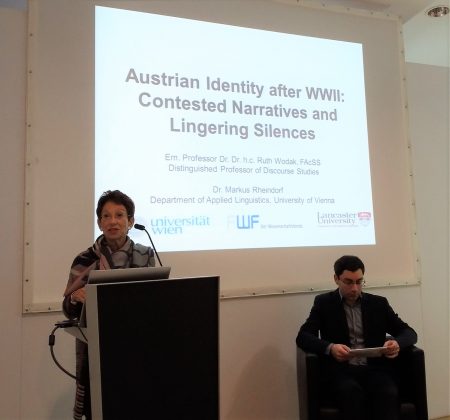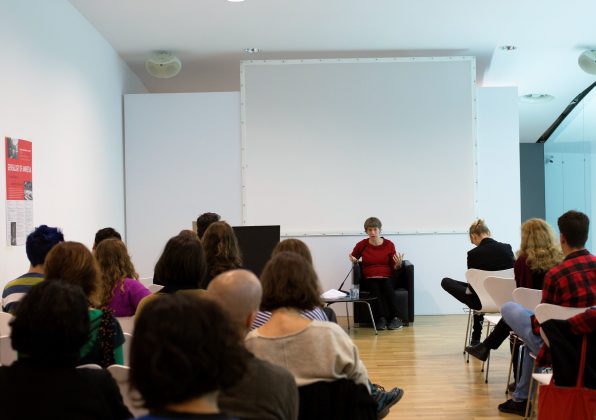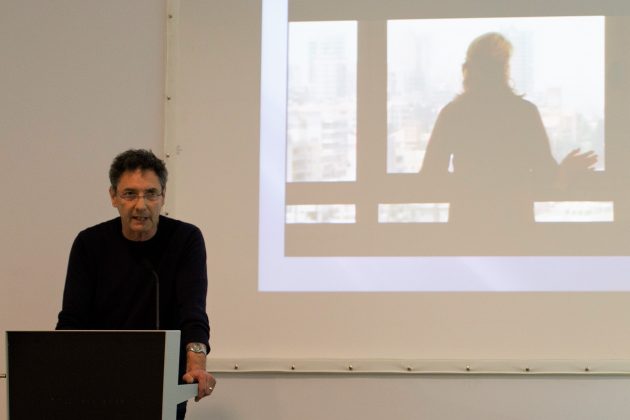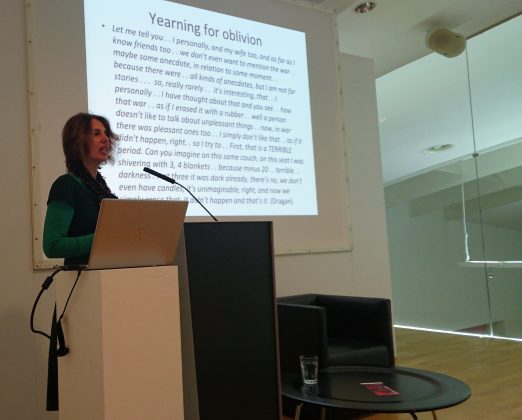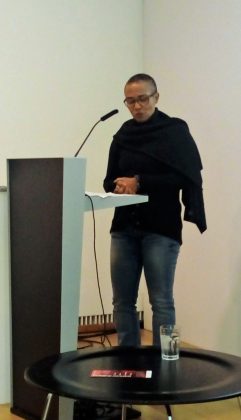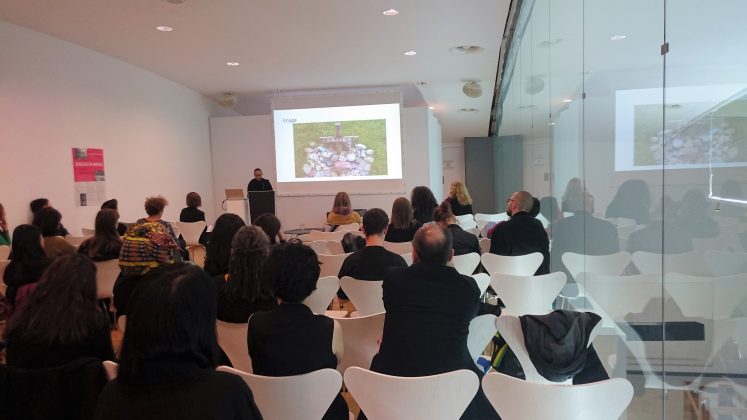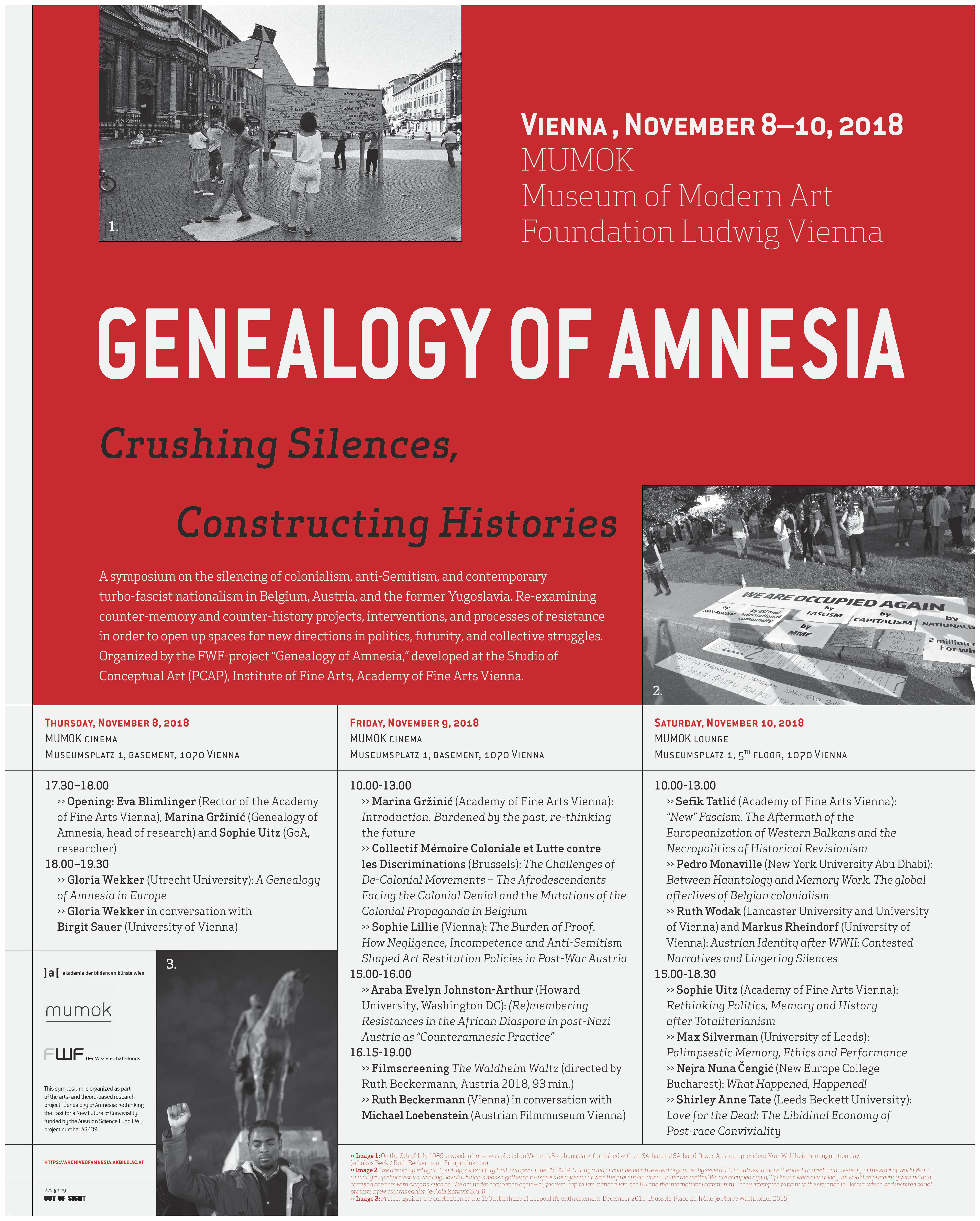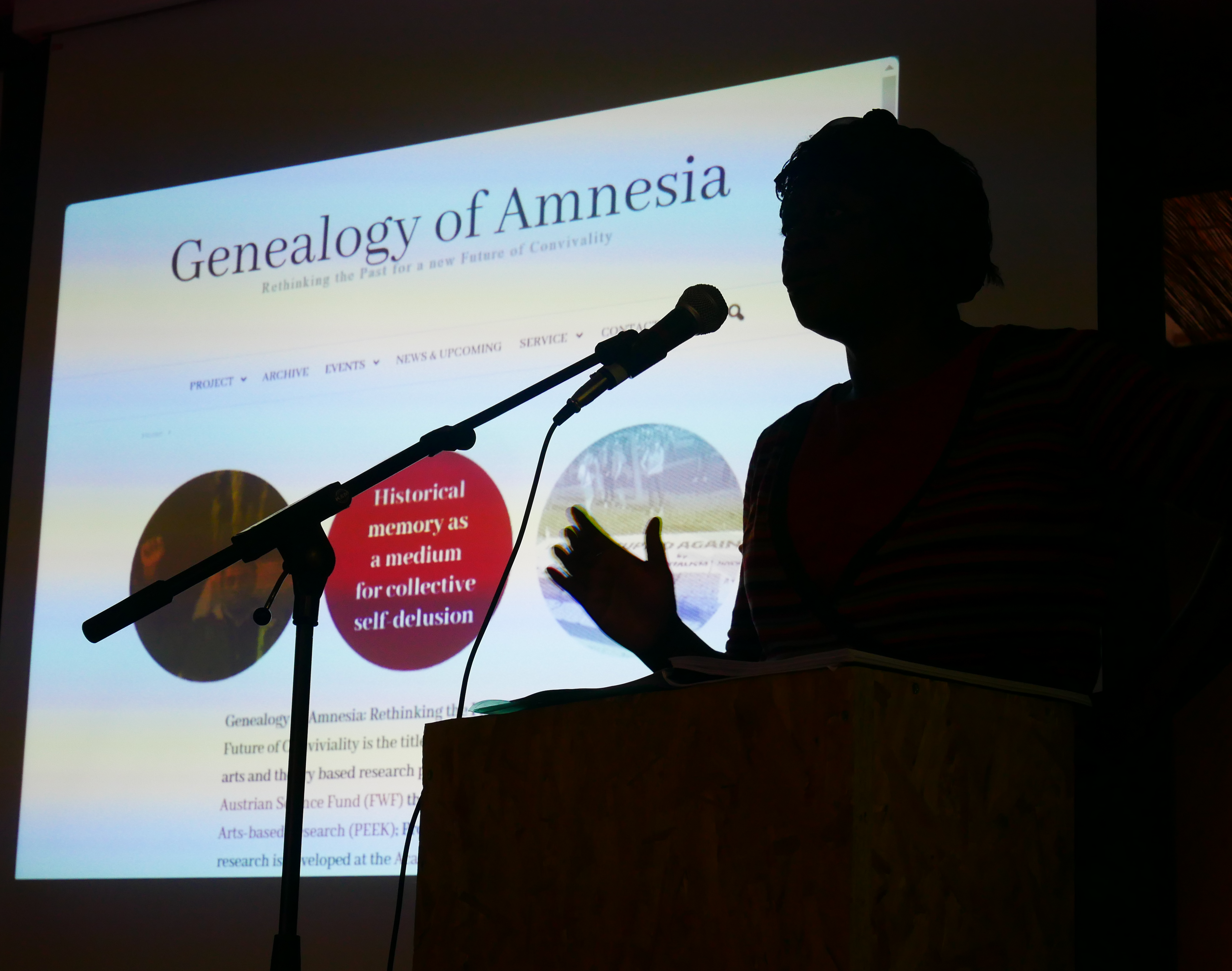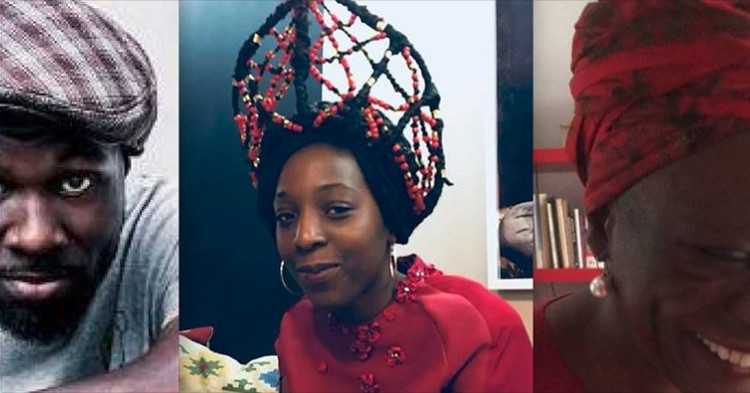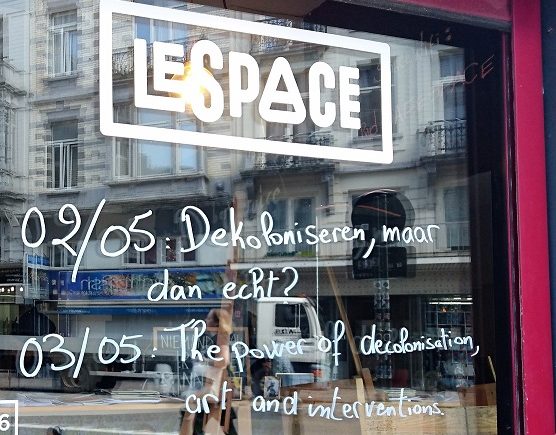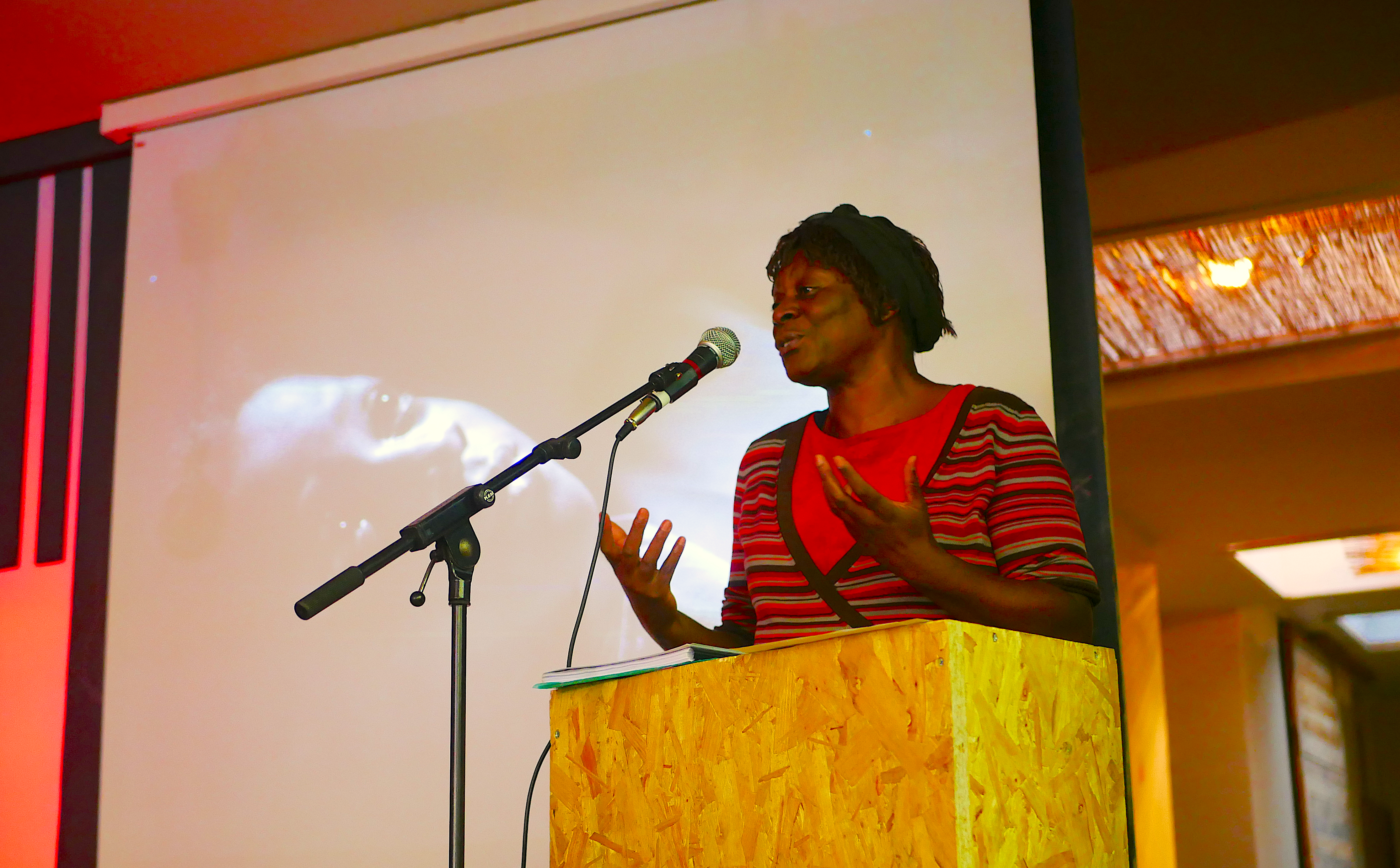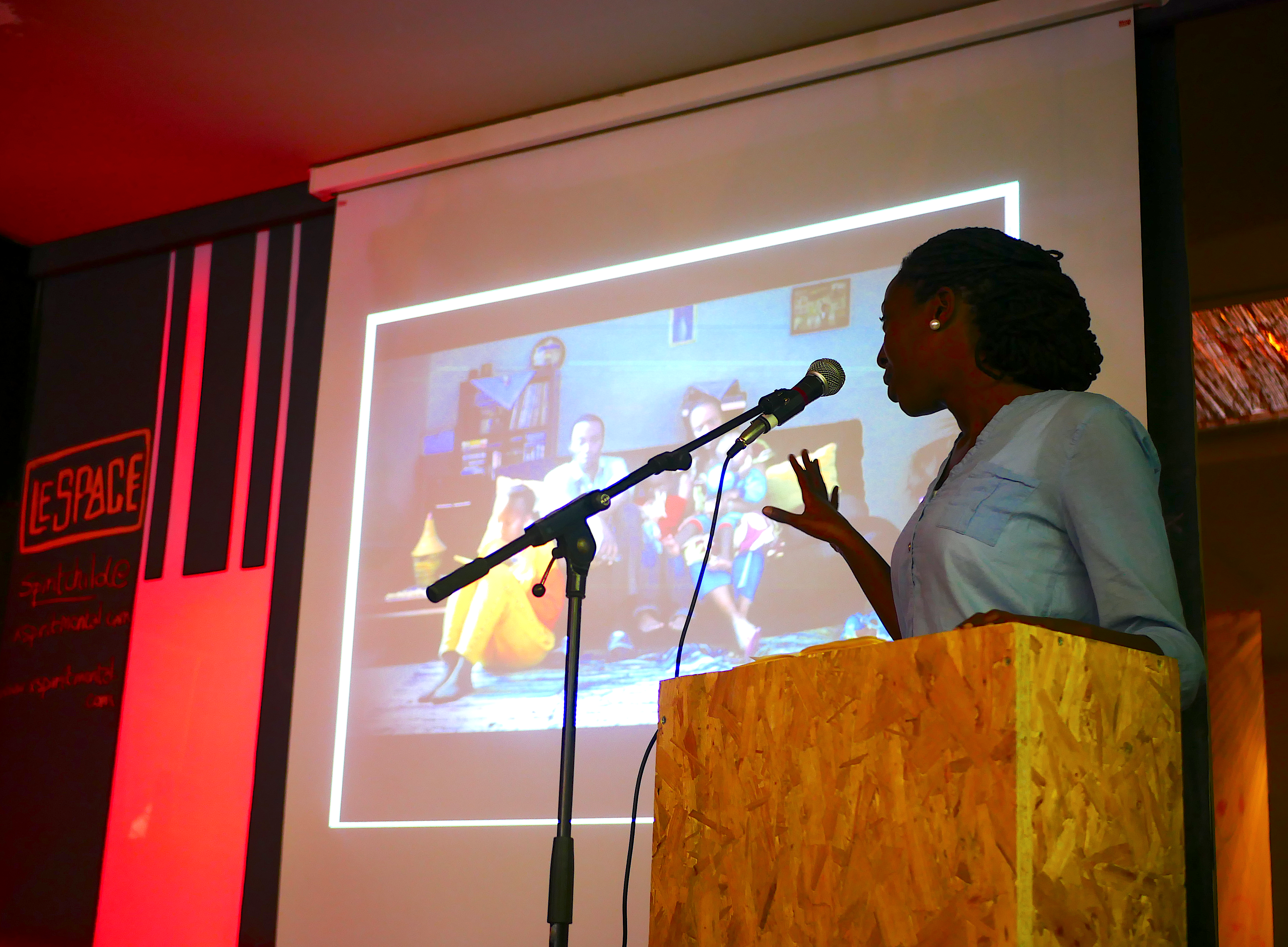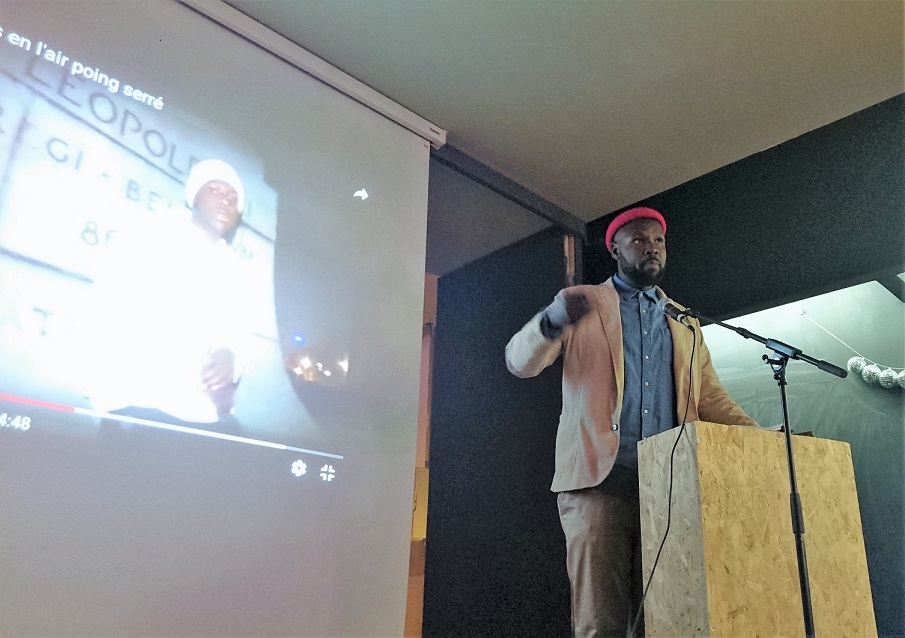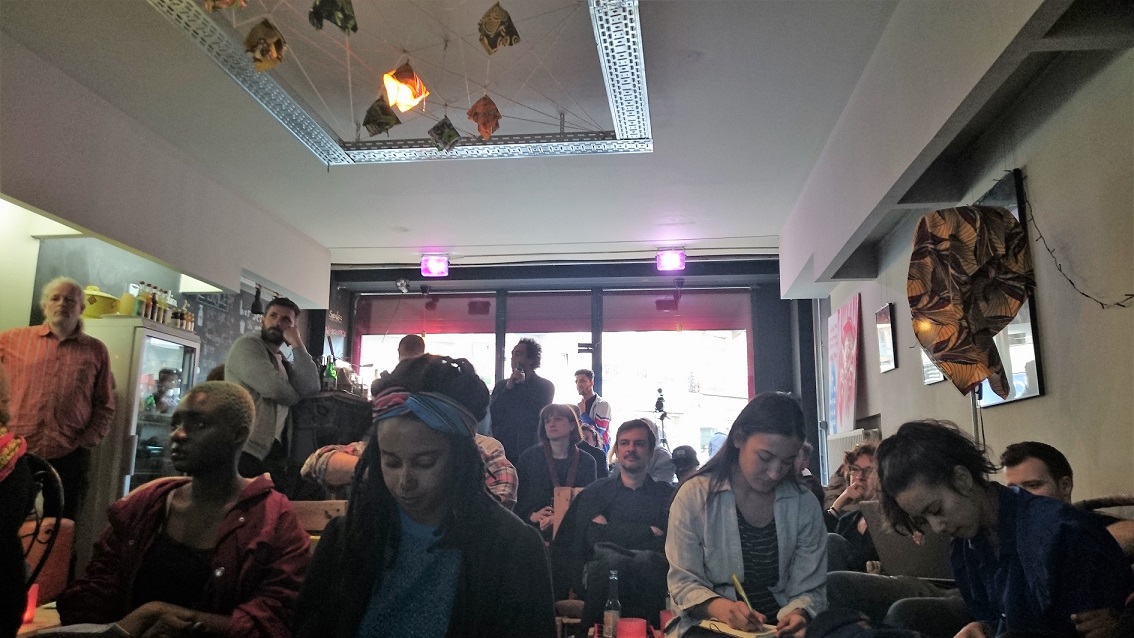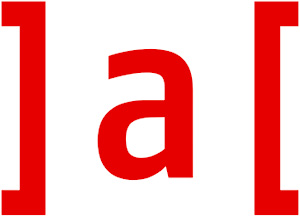EXHIBITION Stories of Traumatic Pasts. Counter-Archives for Future Memories
at Weltmuseum Wien
October 8th, 2020 to April 3rd, 2021
Curated by Marina Gržinić, Christina Jauernik and Sophie Uitz
Trailer-teaser of the exhibition in Weltmuseum Wien
The exhibition Stories of Traumatic Pasts: Counter-Archives for Future Memories focuses on three European regions, their stories, and their current experiences of collective amnesia in relation to traumatic events from the past: Belgian colonial rule in the Congo, Austria after the “Anschluss” in 1938, and the denial of war crimes since 1990 after the breakup of Yugoslavia.
Participating artists
Elisabeth Bakambamba Tambwe
Lana Čmajčanin
Bojan Djordjev
Dani Gal
Siniša Ilić
Adela Jušić
Martin Krenn
Monique Mbeka Phoba
Nicolas Pommier
Anja Salomonowitz
Joëlle Sambi Nzeba
Arye Wachsmuth
Valerie Wolf Gang
Posters and works developed by students of the Academy of Fine Arts Vienna (workshop with Arye Wachsmuth):
Negra Bernhard
Henrie Dennis
Iklim Doğan
Robert Jolly
Lars* Kollros
Shaya Safaisini
Hiba Shammout
Sophie Anna Stadler
Pia S. Weissinger
Ondrej Zoricak
The digital archive: COUNTERING THE GENEALOGY OF AMNESIA
7.10.2020 Opening speeches and performance
(closed for public due to Covid-19)
Speeches: C. Schicklgruber (director Weltmuseum Wien), J. Hartle (rector Academy of Fine Arts Vienna), S. Uitz and M. Gržinić (curators). Opening performance by Elisabeth Bakambamba Tambwe and Mani Obeya.
8.10.2020 Symposium
(closed for public due to Covid-19)
Taking part in situ or via zoom:
Elisabeth Bakambamba Tambwe
Lana Čmajčanin
Bojan Djordjev
Dani Gal
Siniša Ilić
Adela Jušić
Martin Krenn
Nicolas Pommier
Anja Salomonowitz
Joëlle Sambi Nzeba
Arye Wachsmuth
Valerie Wolf Gang
Lars* Kollros
Mika Maruyama
Shaya Safaisini
Pia Weissinger
Moderation by Marina Gržinić
Organisation by Sophie Uitz
Weltmuseum Wien
Heldenplatz, 1010 Vienna
Tel. +43 1 534 30-5052
info@weltmuseumwien.at
www.weltmuseumwien.at
Opening hours
Open daily, except Wednesdays, 10 am to 6 pm
Late Fridays until 9 pm: 30 October, 27 November
